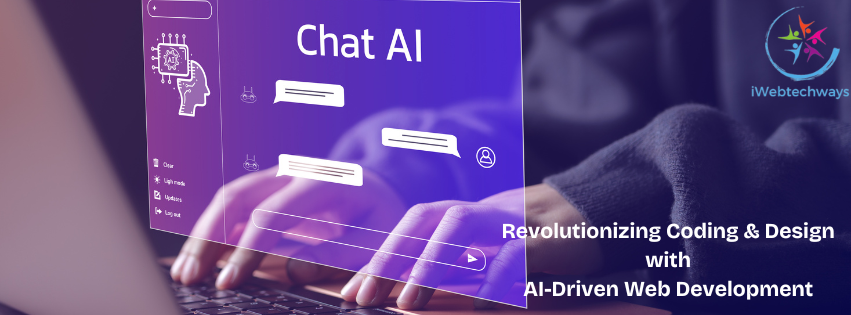Artificial Intelligence (AI) is rapidly transforming various sectors, and the field of medical science is no exception. With its immense potential, AI is revolutionizing healthcare by augmenting diagnostic capabilities, enabling personalized treatments, improving patient outcomes, and streamlining administrative processes. This article explores the transformative role of AI in advancing medical science, highlighting its impact on medical diagnostics, personalized medicine, drug discovery, patient monitoring, and healthcare management.

Enhancing Medical Diagnostics:
AI algorithms are capable of analyzing vast amounts of medical data, such as images, patient records, and genetic information, to aid in accurate and timely diagnostics. In radiology, AI-powered image analysis can assist in detecting early signs of diseases, such as cancer, by highlighting abnormalities and providing quantitative assessments. By reducing human error and assisting radiologists in their diagnoses, AI can significantly improve diagnostic accuracy and speed up treatment planning.
Moreover, AI-based decision support systems can analyze patient data and medical records to help clinicians in diagnosing complex conditions, predicting disease progression, and identifying optimal treatment options. By leveraging machine learning techniques, these systems can continuously learn from new data and improve their diagnostic accuracy over time.
Revolutionizing Personalized Medicine:
The concept of personalized medicine aims to tailor treatments to individual patients based on their unique genetic makeup, lifestyle, and environmental factors. AI plays a crucial role in realizing this vision by analyzing complex genomic data to identify genetic markers associated with specific diseases or drug responses.
Using AI algorithms, researchers can identify patterns and correlations in large-scale genomics data, enabling the development of targeted therapies and the prediction of drug efficacy. By understanding an individual’s genetic profile, doctors can prescribe treatments that are more likely to be effective, minimizing adverse effects and improving patient outcomes.
Accelerating Drug Discovery:
The process of discovering new drugs is time-consuming, costly, and often yields limited success. AI has the potential to transform this landscape by leveraging machine learning algorithms to analyze vast datasets and identify potential drug candidates.
AI algorithms can efficiently sift through massive amounts of scientific literature, clinical trial data, and molecular databases to identify novel drug targets, predict drug-drug interactions, and optimize drug formulations. This can significantly accelerate the drug discovery process, reducing costs and improving the chances of success.
Enabling Remote Patient Monitoring:
AI-powered wearable devices and remote monitoring systems are revolutionizing patient care by enabling continuous monitoring and early detection of health issues. These devices can collect real-time data on vital signs, activity levels, and other health parameters, which are then analyzed by AI algorithms.
By continuously monitoring patients remotely, AI can alert healthcare providers to potential health concerns, enabling timely interventions and reducing hospitalizations. This technology is particularly beneficial for patients with chronic conditions, enabling them to manage their health proactively and improve their quality of life.
Streamlining Healthcare Management:
AI has the potential to optimize administrative processes, improve resource allocation, and enhance healthcare management. Machine learning algorithms can analyze electronic health records (EHRs) to identify patterns and insights, allowing healthcare providers to streamline workflows, improve operational efficiency, and reduce costs.
Additionally, AI-powered chatbots and virtual assistants can assist patients by providing basic healthcare information, scheduling appointments, and offering personalized recommendations. This reduces the burden on healthcare staff and improves patient experience by providing prompt and accurate responses to inquiries.
Conclusion:
Artificial Intelligence is poised to revolutionize medical science, transforming the way we diagnose diseases, develop treatments, monitor patients, and manage healthcare. By harnessing the power of AI algorithms and leveraging vast amounts of data, healthcare professionals can make more accurate diagnoses, offer personalized treatments, accelerate drug discovery, improve patient monitoring, and streamline healthcare management. The integration of AI in medical science has the potential to enhance patient outcomes, reduce healthcare costs, and ultimately save lives. As AI continues to advance, it is crucial to ensure ethical and responsible implementation, maintaining a balance between technological advancements and human expertise. With ongoing research and development, AI-driven innovations will continue to reshape the landscape of medical science, ushering in a new era of precision medicine and improved healthcare for all.










